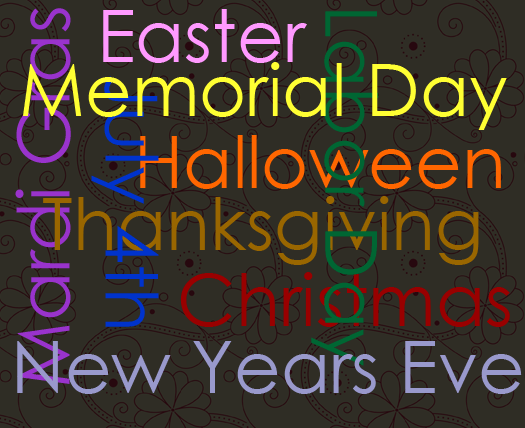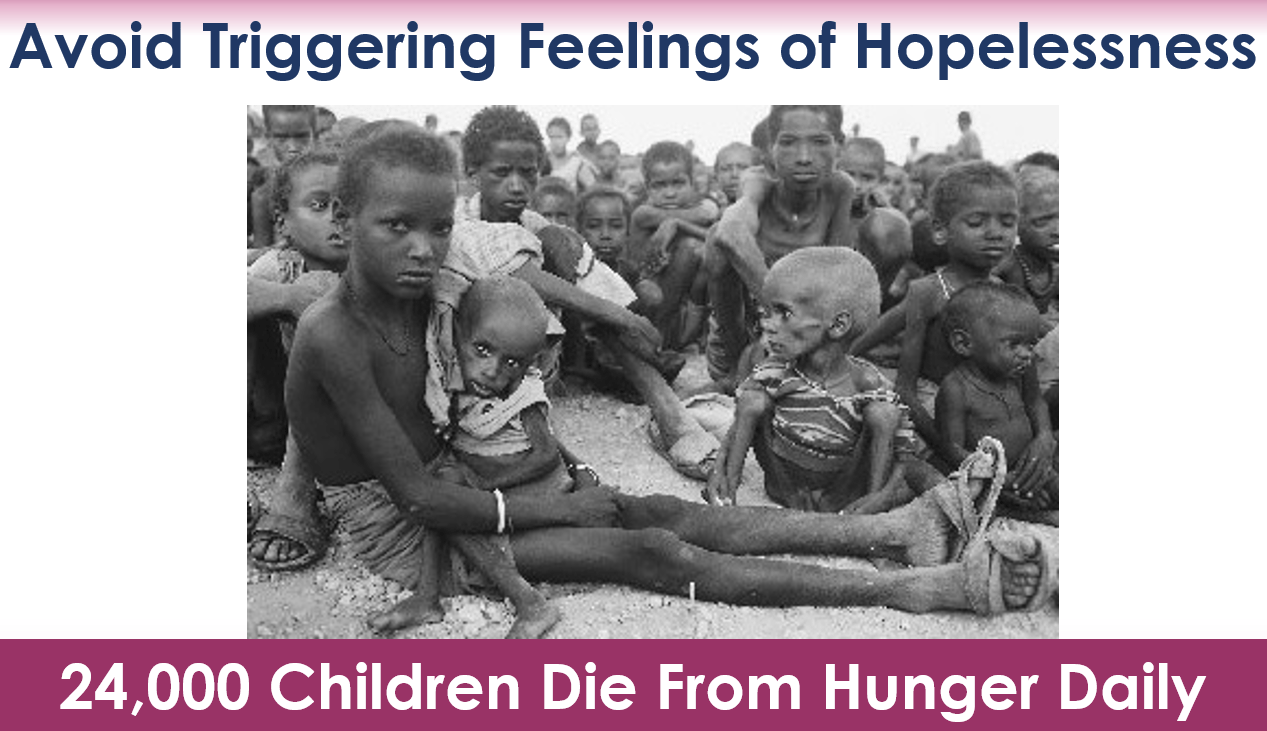How Do Major Donors Think About Philanthropy?
To a large extent, they think about it the same way as anyone else. They just have more money.
It’s good to remember that major donors are, first and foremost, just people.
And like all human beings, they are on a continual quest for meaning. It’s the existential search to be all that one can be. To feel self-actualized.
And you can help them!
In fact, this is your job. This is part and parcel of your organization’s mission.
You (as executive management, development staff or board member) are a facilitator of philanthropy. Your organization exists, in part, to facilitate your donor’s quest for meaning and teach the joy of giving. To do this effectively, you must be attuned to your donors. And, since the wealthy have the ability to make a larger impact when it comes to furthering your mission, you especially must be attuned to these folks.
In the past I’ve looked at five major donor philanthropic triggers. You need to know about these things, because if you can key into any of them you’ll have a strong basis for pursuing a major gift from the prospect whom you’re approaching:
- They feel economically secure.
- They are in a reflective phase of life.
- They’ve demonstrated a desire to build a closer connection with your cause and community.
- They are looking for meaning and a sense of purpose.
- They are seeking to identify themselves as the person they want to see reflected in the mirror.
Today I’d like to review six more things you should be on the lookout for; then I’ll suggest four strategies to help you enter into your prospective donors’ worlds so you can make a win/win match – one that will help your major donors simultaneously help your cause and themselves.
Coincidentally, I found a back issue of Lifestyles Magazine from 2008 (yes, I’m a bit of a hoarder) and was struck by some of what the publication had to say—a veritable peek inside the minds of major donors. There’s a clue right in the way Lifestyles (now out of publication) describes their mission (highlights are mine):
Details



 The inimitable Seth Godin recently posted some wisdom I want to share, because it applies directly to how you must ‘sell’ your nonprofit if you hope to inspire folks to join with you to solve the problems you address.
The inimitable Seth Godin recently posted some wisdom I want to share, because it applies directly to how you must ‘sell’ your nonprofit if you hope to inspire folks to join with you to solve the problems you address.





